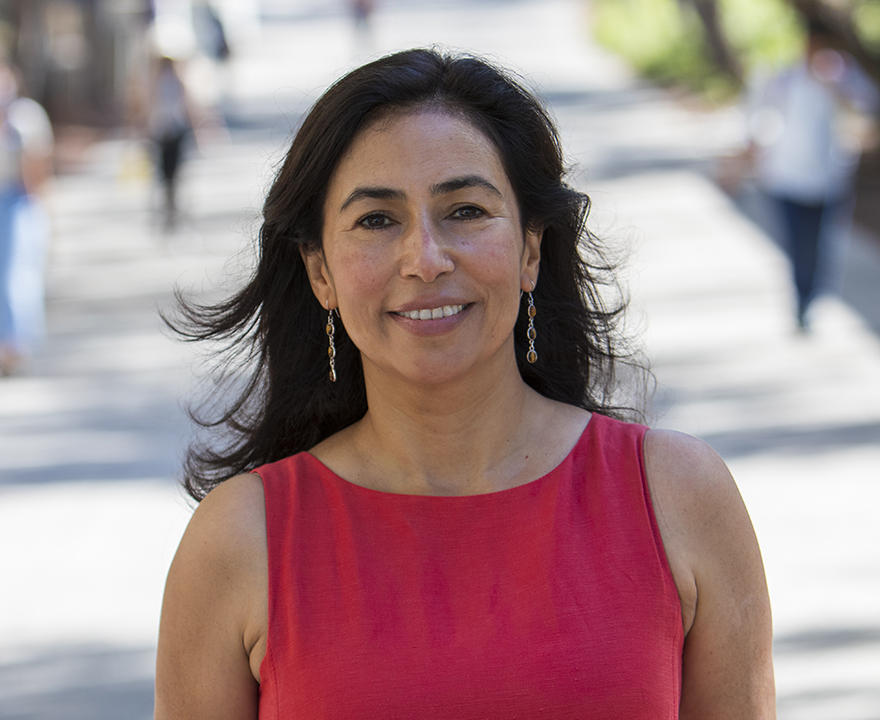UCI Experts On: Health and Happiness

UCI Experts On: Health and Happiness
- October 5, 2021
- Belinda Campos, UCI Chicano/Latino studies professor and chair, dives into her research on unique sociocultural contexts that can be beneficial for relationships and protective of health
Watch:
Relationships can bring happiness and protect health. It's now well established that high quality relationships are linked with better health and longer life, whereas poor quality relationships or a lack of relationships is as risky to health as cigarette smoking. What's less understood, though, is how people arrive at high quality relationships that bring happiness and protect health.
Belinda Campos, Chicano/Latino studies professor and chair, studies factors and processes that characterize high quality relationships, including positive emotions and their expressive displays. A key question she seeks to answer is whether sociocultural contexts that emphasize prioritizing others before the personal desires of the self shape relationships in ways that benefit psychological and physical health.
Her research – done in the Culture, Relationships and Health Lab here at UCI – measures and observes subjective experience, behavior, and physiology, specifically the levels of stress hormones circulating in our bodies and how our heart responds to social situations. She's found that sociocultural contexts that emphasize prioritizing others before the self, such as is commonly done in Latinx and East Asian cultures, can be beneficial for relationships and protective of health. Among Latinos, there are Spanish language words that describe how social relationship should be – debemos de convivir, we should have a certain amount of togetherness - and it turns out, that sociocultural contexts that have these ideals are protective of health.
“I’m fascinated by the ways people think, feel, and behave. That’s why I wanted to become a psychological scientist" she says. "I also grew up recognizing that some of the cultural ideals and norms that my family regarded as the way the world should be, were distinct and often devalued. 'You need to be more separate from your family' was something I heard often, especially in college and after – or the unique features weren’t represented at all in the classes I was taking."
Her own lived experience told her that important knowledge was missing, and it needed to be better understood.
"People might be right that I needed to be more separated from my family, but they might also be very wrong. And as it turns out, these ways of doing relationships have a lot of things right. And now it’s my privilege to shine a light on these ways of doing relationships that are really important – to the people living these cultural ideals that should be celebrated as sources of strength and resilience, and to the broader U.S. culture that prioritizes the personal desires of the self more than ever before. Plus, what we if we all see in this work ways to be happier and healthier?"
Share on:
Related News Items
- Scientists study brains to understand the joy that's felt when caring for siblings
- UCI-led study finds ethnicity, race, and social class predict family interdependence
- Campos, Sanchez Hernandez earn UCI Spirit Award to study emotional consequences of social mobility
- UC Irvine to launch pre-health professional development program to support students from underserved communities
- UCI to launch pre-health program with support from state of California




connect with us